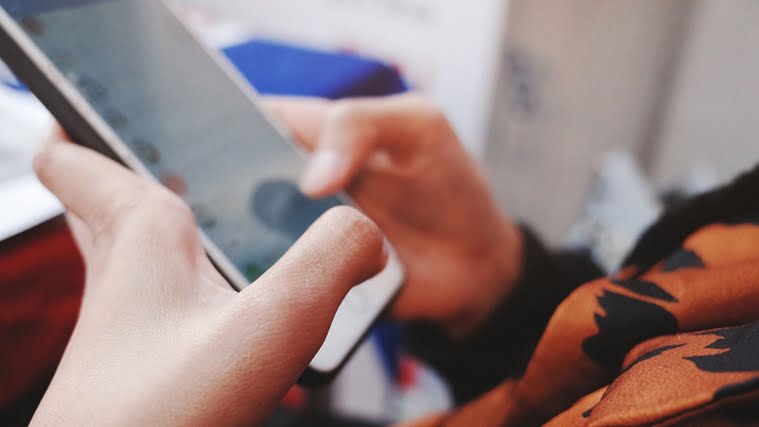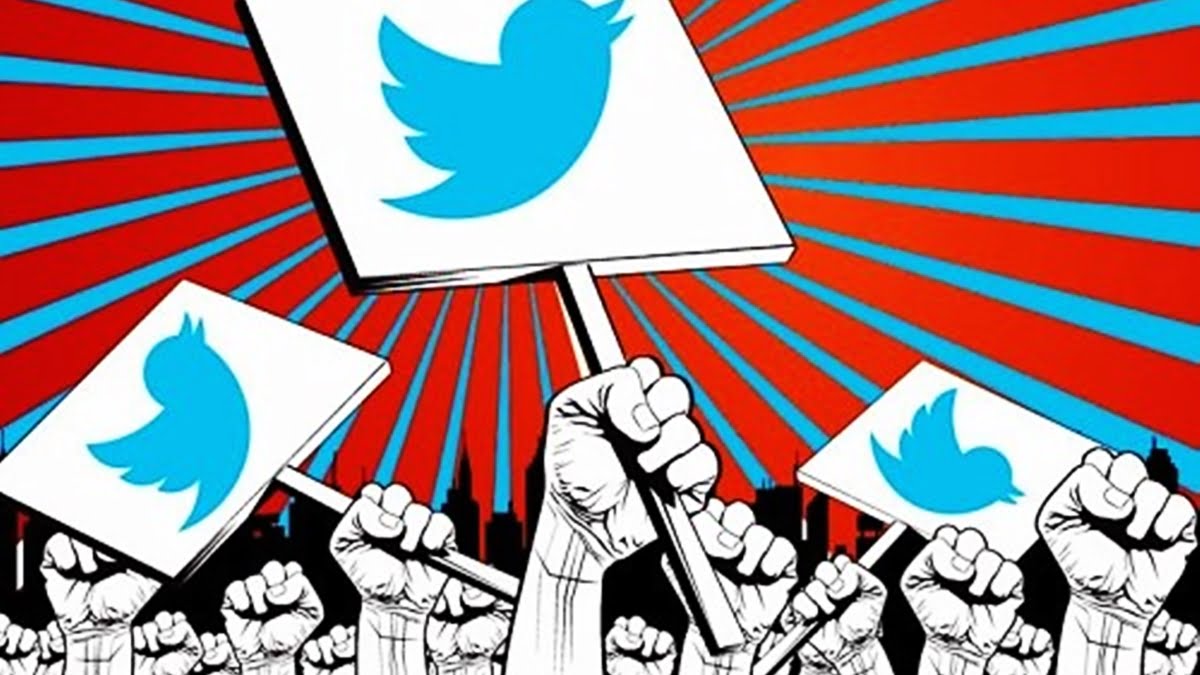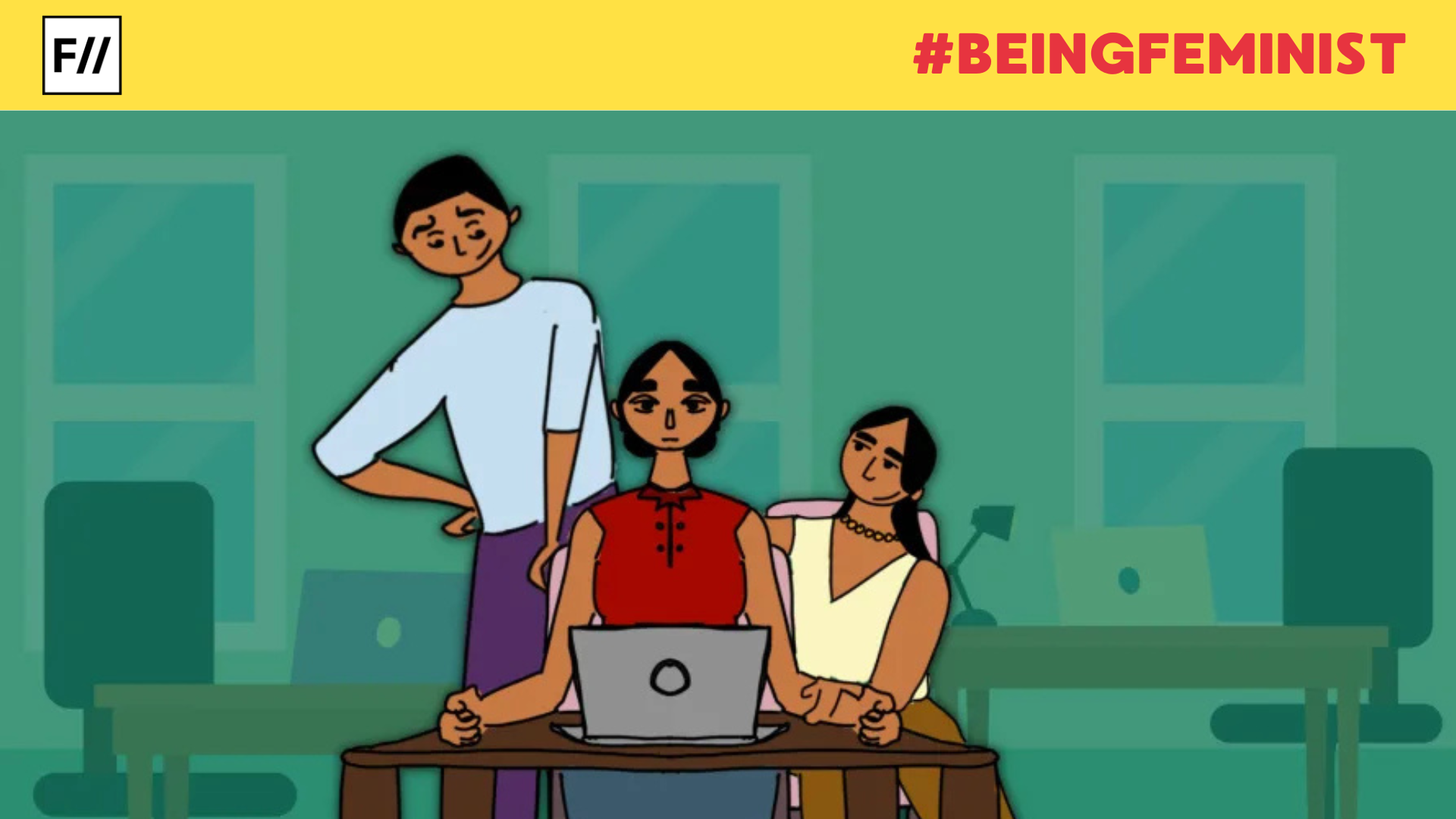For many, COVID-19 brought along an ordeal of confinement in limited spaces for long. Amidst growing fears of contracting the disease and to securing her family with multiple levels of precautions and repetitive regimes of hygiene, a woman has seamless responsibilities on her time-hardened shoulders. Women around the world face a similar scenario of coping with the pressures of varied kinds; family, work or survival. On the one hand, keeping the family in good spirits and on the other, fervently holding on to her patience, it is indeed a tight rope she treads on. Social media has come as a boon for many, keeping women engaged, often distracting her from other pressures.
This is not to dismiss how the pandemic and especially the lockdown, resulted in an increase in the number of women as silent sufferers of abuse and violence at the hands of their partners.
In this article I attempt to explore the relevance of social media in the lives of women during the pandemic as well as highlight the necessity of digital inclusion of the disenfranchised women communities.
Social Media As A virtual Space Of Recreation
Do social media platforms like Facebook, Twitter or Instagram to name a few of the many have the capacity to transform into an anchor for women; a free virtual space for women to connect, create and share their posts imbued with wit, humour and emotions which resonate with one and all? The answer, undoubtedly, is a yes. The online media have brought out the spirit of solidarity and unity among women, which is not a new development, we have seen it before with the hashtag feminist activism. For especially women who are tech savvy, social media has become a place to turn to in their moments of solitude which may not be much but enough respite that fuels their life, one day at a time. Life has changed and with that, her workload has mounted up in the absence of her aide-domestic helps who themselves are coping with this never seen, never heard or never experience before situation.
In the face of the pandemic and resultant anxieties, social media offered a free virtual space for women to connect, create and share posts and musings imbued with humour and emotions which resonated with all.
The Hindu reported on how women-only communities on social media are helping women deal better with the stress of the lockdown in Kerala. For instance, Anjali Manoj, a journalist and story-teller sees her Facebook page Her Trivandrum as a non-judgmental, safe space where women could interact freely.

Also read: #NotAllMen, ‘Woman Card’, Feminazi – How Social Media Dismisses Feminism
The pandemic has granted us enough time, therefore resulting in a marked increase in the time being spent on social media sites. There is enough data to support the claim as Facebook’s media analytics department state there has been a fifty percent increase in messaging especially in the countries hard hit by the virus. Again, out of this, women active users have left men behind in their consumption of media in countries like the USA, Canada and parts of Europe. Although there are other media channels and sources like the television etc., social media has taken the lead. This is primarily due to the fact that being active and connected on social media brings in a sense of belonging, a feeling of bonding with friends, relatives or even the unknown who are members of groups or communities, for example, Facebook groups which echo a common interest, such as Anjali’s and others.
As Keisha.E.Tassie writes in her book, “Women of color and Social Media Multitasking: Blogs, Timelines, Feeds, and Community,” social networks like Facebook, Twitter, Instagram etc., unlike professional networks, are locations where women build their communities. These virtual spaces, whether intentionally or unintentionally, are multipurpose to achieve goals which include and are not just limited to, forging professional networks and associations, safe spaces for entertainment, relaxation and garnering support as well as relatability.
The creative pursuits of many have come forth during these erratic and doubtful days, somewhere helping them even navigate through mental health concerns. Women have sought inspiration from one another, emulated each other, brushed up and brought forth their talent which might have been lying dormant deep inside of them until COVID-19 struck us. As the popular saying reminds us to seek opportunity in adversity, aptly applies to women at large, who have taken on the social media spaces to display their brilliance from fine culinary skills, excellent artistic expressions in the form of sketching, painting to writing. Blogs which, for a while had become passe′ have been infused with new leash of life.
Sharing and collective consciousness raising (again) became the new normal. Finding respite in the scrolls and clicks on social media gave way to something much more – a sisterhood of solidarity.
Women On A Roll is a website especially for women and the non-binary community to connect and interact in virtual events which are free and bring celebrities, performers and artists in this space for every and anyone who wishes to join in and be a part of the fun and merriment. For some women I enquired with, in addition to socialising and sharing their thoughts and plans for the coming day, social media offered great virtual meet and greet spaces where they took up book-reading challenges, flaunted off their new attires and fashion or recommended movies to each other. COVID-19, in fact, changed the way women communicated with each other long-distance. Sharing and collective consciousness raising (again) became the new normal. Finding respite in the scrolls and clicks on social media gave way to something much more – a sisterhood of solidarity.
Also read: How Has Social Media Helped Organise Protests Against CAA?
Social Media As A Tool To Find Help Against Domestic Abuse
World-wide data suggested an uptick in domestic violence during the pandemic lockdown, thus jeopardising the lives and safety of women and other marginalised sections of the community stuck with their abusers at home. Reports reflect how homes have become havens for physical abuse and intimate terror for women. Social media provided a safety net for women under attack from their partners. Social media has also been judiciously used to combat domestic violence during the pandemic. As Rosemary Clark states in her research paper – ‘Hope in a Hashtag’, #Hashtags campaigns have been created on social network platforms like Facebook and Twitter to help women who need urgent support to raise an alarm. Hashtags such as #YouAreNotAlone, #EndVAW,#WhenHomeNotSafe, generated posts from non-governmental agencies, police and other support groups trying to reach out to women in need of help from intimate partner violence(IPV) with posts sharing name and contact numbers. While social media is a site for relentless abuse and cyberbullying for many, with the advent of the COVID-19, there was an evident and powerful shift in the narrative in favour of women and other marginalised peoples, that indicated how caring is the new normal.
Jyoti Ahlawat (Ph.D) has been a radio broadcaster for over 12 years with All India Radio(FM) hosting music based shows as well as talk show host and commentator of live national events. Currently, she is pursuing Post- Doctoral research in gender studies at University of Victoria, Canada. She can be found on Facebook, Instagram and Twitter. She can be reached at jyotially03@gmail.com
Featured Image Source: Borgen Magazine





Interesting read,,,as narrated by Dr Jyoti Ahlawat
Beautifully put across, positive outlook in Covid times.